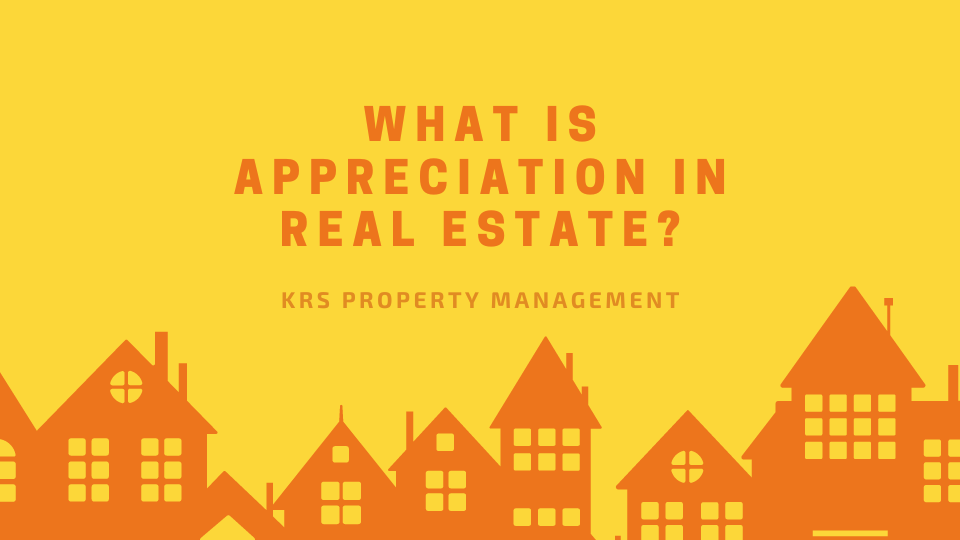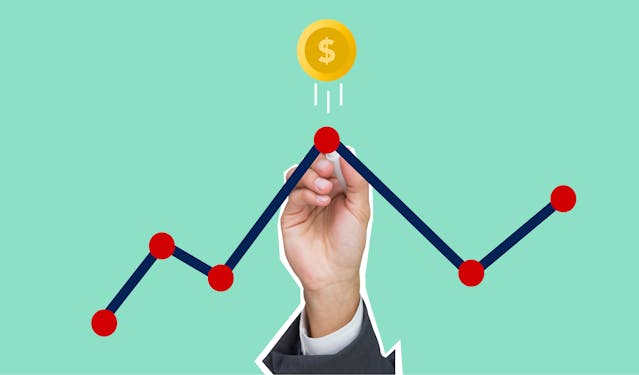
When getting into real estate, among other real estate terminology you will encounter, is “appreciation”. It simply means that your property’s value increases over time. You must thoroughly understand real estate appreciation before investing, to know how it affects your property’s returns on investment.
Understanding Real Estate Appreciation
When holding a property for many years, say ten years, its value is not the same as the price you bought it for. You can expect the asset’s value to rise. While fluctuation can be expected when the economy is down, Property appreciation increases the longer time passes.
Appreciation is categorized into two types:
Organic appreciation: This type of appreciation is natural and depends on supply, demand, and inflation. As demand outpaces supply, the property’s value rises while the opposite happens when supply overtakes demand.
Forced appreciation: This type of appreciation elevates a property’s value when you decide to purchase distressed properties and upgrade them. Renovations and property updates lead to an increase in value.
Vital Factors That Impact Real Estate Appreciation
Many factors can affect the appreciation of real estate, such as
Demand in housing: When more people are in need of housing units, it is safe to say that the housing price will increase. The opposite is also true. When there are many buyers, the competition can be tough therefore creating a competitive housing market.
Meanwhile, when there is less demand for housing, buyers would typically ask for discounts or lower prices, which translates to a lower property value.

Rate of interest: Housing values are also impacted by mortgage rates. If the loan interest is high then people won’t be able to afford to purchase properties. However, if the interest is low, more people can get approved for mortgages, leading to a rise in property demand and prices.
Local market: Another thing that property investors should consider is the varying local real estate appreciation. Some neighborhoods may rapidly appreciate compared to other cities, especially areas near convenient schools, shops, and business districts. This will result in higher property prices compared to the national average.
Renovations of property: One may think that upgrading a property immediately pushes its value upward. However, it simply has the potential to increase its value. Performing regular property inspection will help you gauge what renovations are needed.
You need to first examine what improvements to make. It is recommended to first study what renters seek by talking with real estate professionals to focus your improvements and funds on where it matters.
You may add costly finishes to an apartment unit but if this is the least priority for a tenant, then it would be a waste to pour your funds into this particular improvement.
Determining The Appreciation of a Property
Even if it comes at an extra cost, seeking a professional appraisal is advisable to gauge a property’s appreciation. Appraisers can also recommend essential home improvements that will have a positive effect on the value of your real estate investment.

For initial research, you can start by checking out property information online to see real estate appreciation in your area. See popular websites to find out recent sale prices in your target area.
Average Property Appreciation Rates
Over time, property appreciation has changed significantly. During the first quarter of 2014, the national average house price used to be $331,400. However, in quarter one of 2024, it reached $513,100.
Appreciation rates will depend on world events and market performance as a whole. For example back in the pandemic era, a lot of workers shifted to a work-from-home setup, which increased housing demand. Though it has since slowed down due to rising interest rates and inflation, leading to a decrease in appreciation rates.
How Real Estate Appreciation Benefits Investors
Understanding appreciation will have a powerful effect on your investment properties. While allowing you to enjoy the following advantages:
Earn higher passive income: The more your property’s worth increases, the more leeway you have to increase the monthly rent. Doing so can generate a higher income for you each month.
Gain higher capital gains: When your property appreciation is high, selling your property becomes more profitable. Even if your initial capital outlay for purchasing the property was high, you are bound to get a high ROI when you sell it on the market.

Acquire greater liquidity through HELOCS: If you want an option to liquidate a property’s value, the chances of getting approved for a Home Equity Line Of Credit (HELOC) are greater when your property’s value is high.
Naturally, lenders prefer to have property equity to reduce the risk of default. The higher the value, the more borrowing opportunities.
Bottom Line
Appreciation is an investor's best friend. Remaining knowledgeable about appreciation ensures that your investments are protected in the long run. Knowing which specific areas to improve and what type of properties can generate high appreciation are valuable skills.
The better the appreciation rates of your real estate, the more profit you can earn. Whether you decide to update distressed units and sell them or buy a property to convert into a rental to earn regular income over the long haul.
If you need practical property advice and support, contact KRS Property Management today, where we’re committed to getting you a great return!






